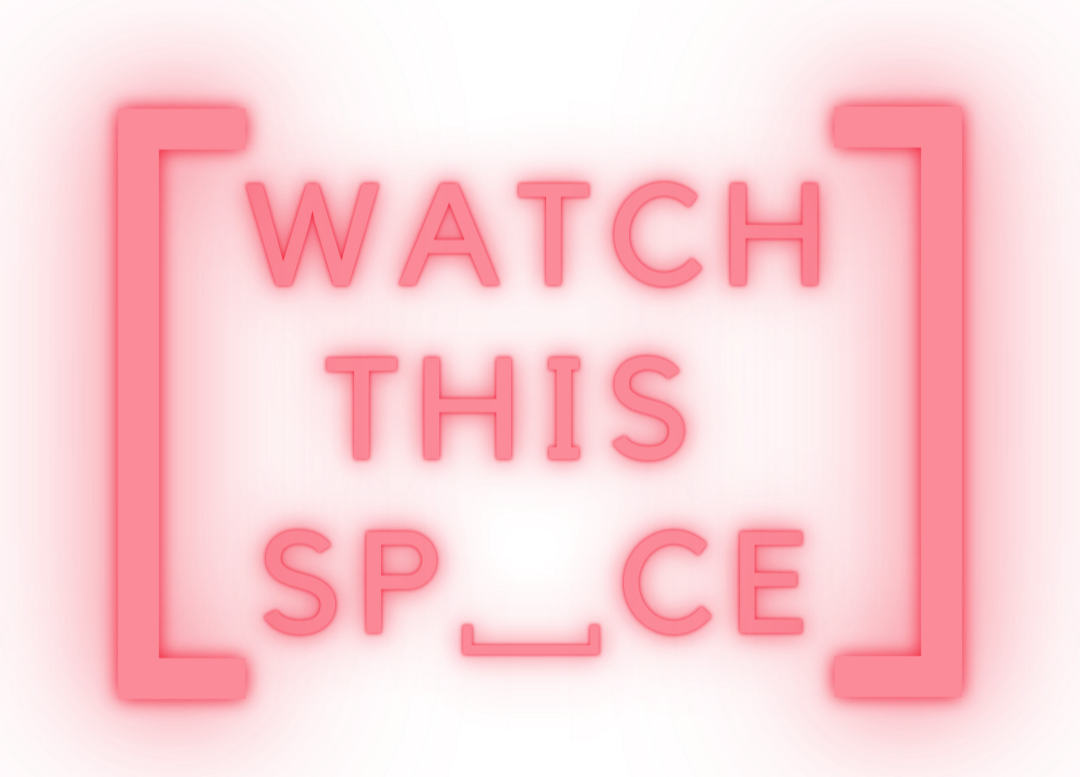“The thing is,” he told me, “I don’t see colour. Or gender. I just want to hire the best person for the job.”
I nodded politely, and glanced around the office of people he had hired – 55% male (90% male in the leadership team) and all white. Funny how the same people always end up being the best ones for the job.
This is just one amongst many similar conversations I have had that always end in a white, male, cis-gendered, heterosexual, able-bodied CEO telling me that they just want to hire the best person for the job.
“Well, what’s wrong with that?” you’re probably thinking. “Surely that’s what we should all want to do?”
Settle in, folks, we need to have a little chat.
There is no best person
There is not one best person for the job. They do not exist.
More than that, you’d better hope they don’t exist. If there’s only one person who can do a job at your organisation, you’re in deep trouble. What if they leave? What if they win the lottery and move to Bora Bora? What if, worse, they move to a competitor? What if you never even manage to hire them in the first place because the competitor offers them a better deal? That’s going to put you in an awful pickle.
The truth is, there are lots of people who could do any job in your organisation. Even yours, I’m afraid. With the right training and guidance, a great many people could be skilled contributors to the work that you do.
“Ah, yes,” you say, “but we still want to hire the best of the applicants we get, regardless of their identities.”
Well, not quite.
Of course you’re not going to hire someone who’s not at all qualified for the job. I don’t want to hear that my GP surgery is hiring media graduates to write prescriptions. But, the thing is, the “best person for the job” isn’t necessarily the one with the best credentials or the one that you perceive as being the most talented.
Your perception is unreliable
For one thing, your judgment might be impaired. Don’t take it personally, it’s not just you. 75% of people implicitly associate the concept of intellectual brilliance with men. Even when there’s no justification for that association. Women are 30% less likely to be called to a job interview than men with the same qualifications. Despite the dearth of women in leadership roles, women score more highly than men for most leadership competencies. Going back to the doctor example, even though female doctors are paid less than their male colleagues, less likely to be promoted and often rated less positively by patients, you are less likely to die and less likely to need repeat treatment if you’re seen by a female doctor.
Gender isn’t the only issue, either. A person of colour will have to send out up to 60% more job applications than a white person with the same qualifications in order to get a job interview. Black pupils are routinely marked down by their teachers, but when their work goes to an independent assessor (who doesn’t know their racial background) they score more highly.
Our unconscious biases predispose us to believe that a certain type of person is more brilliant than others, even when that is not the case.
The best person for the job is the one you don’t have
Even if you are somehow the only person on the planet not hampered by unconscious biases, however, and you have managed to accurately identify the most talented person every single time, that person still might not be the right choice for your organisation. Because if that person is simply a carbon copy of every other person on your team, if they’re bring the same experiences and perspectives and outlook to the table, then they’re not bringing anything new or valuable.
The best person for the job is the person that you don’t already have.
In order to drive innovation, to generate new ideas, to benefit from greater insight and to ensure you make the best decisions with input from varied perspectives, you need a diverse group of people in the room. That means people from different backgrounds, who’ve had different life experiences, with different personalities, different learning approaches and different communication styles. You need people who see the world in ways that differ from the ones you already have covered.
Excellence is a weak indicator of who you should hire. Once you’ve established that candidates have the experience and competencies that the job requires – which can be established at application stage, or at least first round interviews – the focus should be on understanding how they think and how they work to identify someone who will bring fresh viewpoints, open new directions and, most importantly, challenge the way you currently do things to see if there is a better way.
Often we look for a “right” way of doing things, which really is just the way that we do things because we want to see our own approach reflected back to us. That’s all well and good, but that isn’t the best person for the job. There’s rarely one right way to do something, and you already know how to do it your way. If you’re truly committed to hiring the best person for the job, look for the person who does things in a way you’d never have thought of. Hire someone who’s not like everyone else.
If you would like support ensuring your recruitment processes give your organisation the best chance to recruit and retain the people you really need, get in touch and we can support you.
